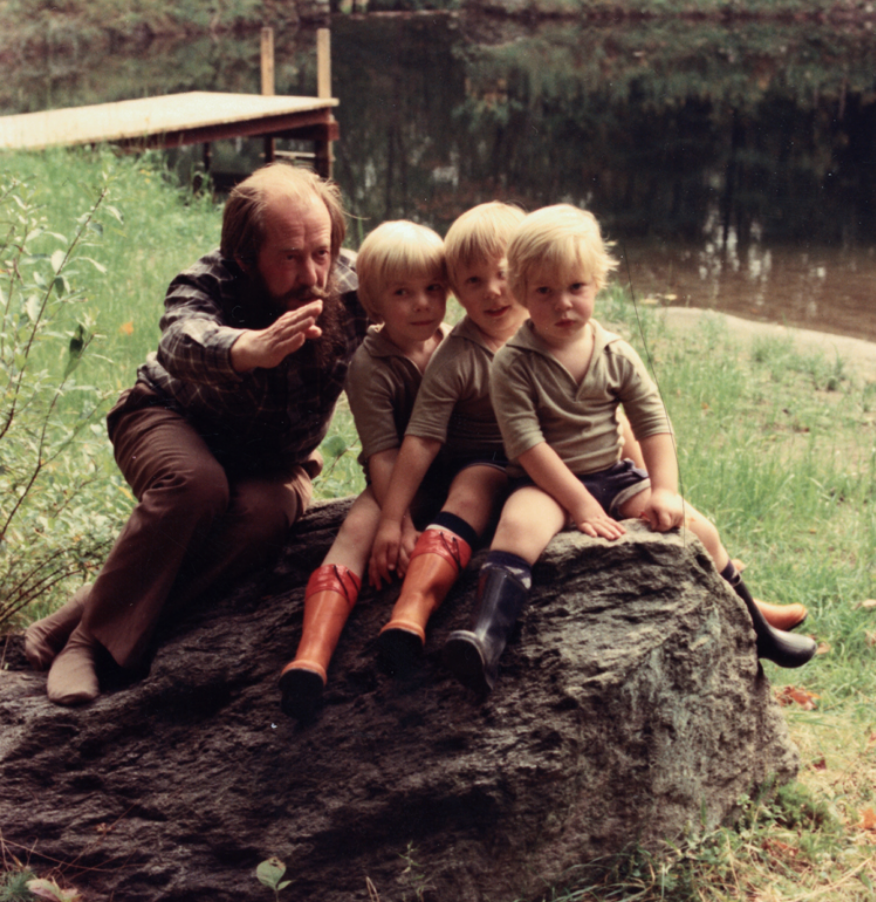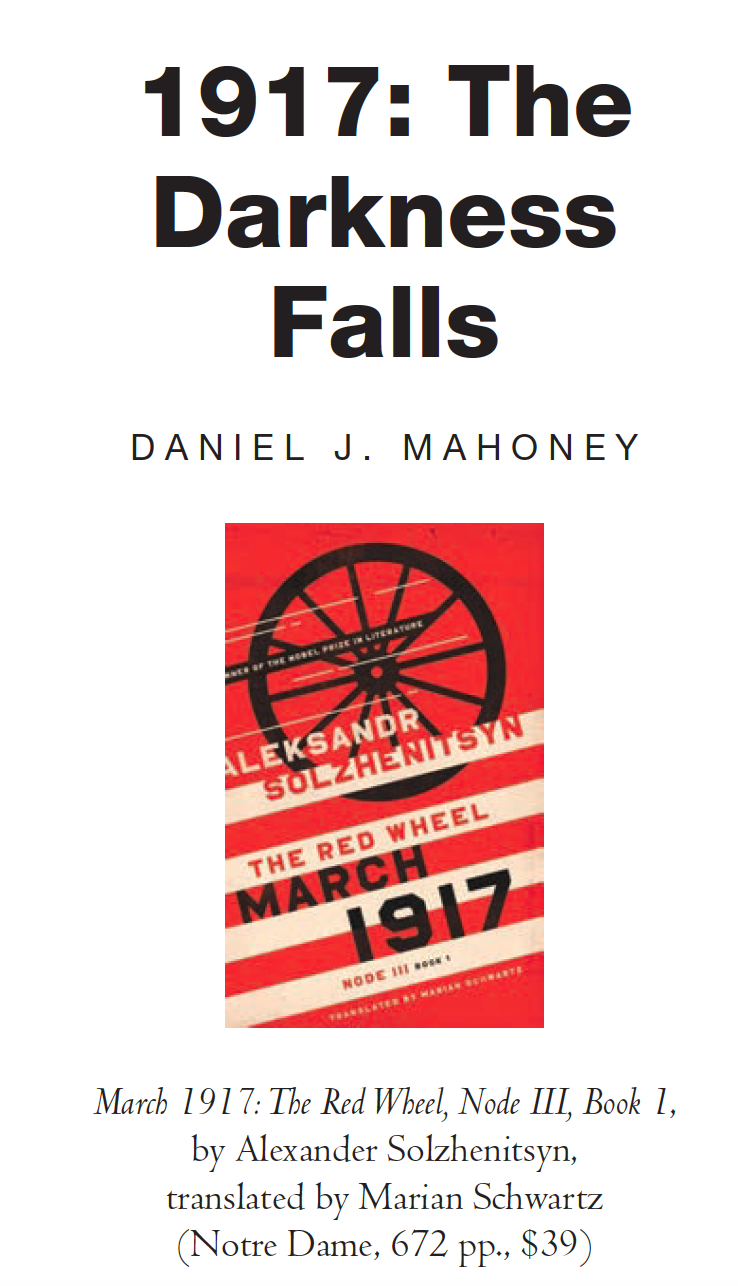The opening of a new exhibition, "Solzhenitsyn at 100: Celebrating the Life and Work of Aleksandr Solzhenitsyn in Honor of his 100th Birthday", will take place on Saturday, May 19th at the Vermont Historical Society Museum in Montpelier. The exhibit, which will run through the summer, outlines the writer's life with a focus on the twenty years that he and his family called Vermont home (1975-1994).
Prior to the exhibit's official opening, on Thursday, May 17th, University of Vermont Professor Kevin J. McKenna will be the guest speaker at a luncheon hosted by the museum. His talk is entitled, "No Man Is a Prophet in His Own Land’: Russia’s Loss Has Been Vermont’s Gain.” McKenna will present a general introduction to Solzhenitsyn and his life in Cavendish, as well as what his presence in Vermont meant for Vermonters.
This is the Vermont History Museum's "Third Thursday Talk" for May. The presentation will begin at 12:00pm; coffee & water will be provided. Organizers welcome attendees to bring lunch to eat while listening.
Attendees will have a chance to view the Solzhenitsyn exhibit, which officially opens Saturday, May 19th.


















